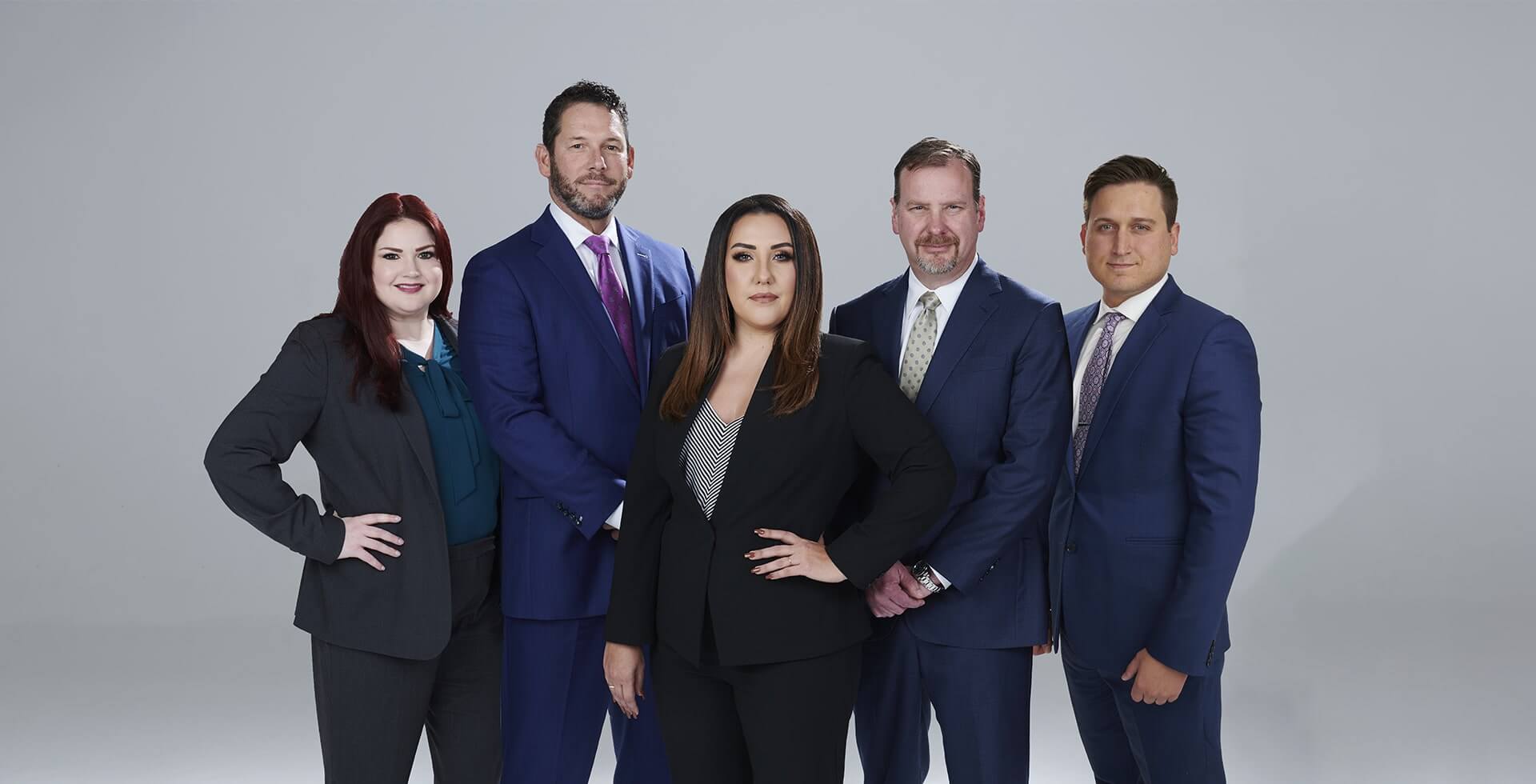
Attorney at Graves McLain Injury Lawyers
Practice Areas: Wrongful Death, Medical Malpractice

Often in personal injury and wrongful death cases, the loss of the capacity to earn money and provide financial stability must be analyzed to calculate the damages in these cases. In calculating this loss, information is gathered from several sources:
Other information is also relevant, like whether a plaintiff is a business owner or an independent contractor. But regardless of if the plaintiff is a waitress or a tech giant, construction worker or astronaut – the accounting records and projections for their lost profits will be poured over, scrutinized, and examined to determine the correct damages for any case.
Oklahoma laws allow for the survivors in a personal injury case to hold at-fault parties responsible for damages. These damages are determined in a multitude of ways, all under different terms and conditions.
Medical expenses – These are the most common damages in personal injury cases. Covering any expenses resulting from all the sustained injuries, this includes the initial treatments, follow-up treatment, and physical therapy that may be needed.
These damages also factor in any future medical expenses that may be evident or foreseeable because of ongoing treatments.
These expenses are determined by the amount of money spent while treating injuries and the future calculations to continue getting any necessary medical support.
Lost Earnings – These are the wages someone would have earned if the incident did not happen. The calculation of these wages begins at the time of the incident and ends when a settlement is reached or a judgment is made. The court determines lost wages by simply tallying the days of missed work and multiplying the sum by the hours and established wage. If a plaintiff is unable in the immediate future beyond the settlement or judgment, an additional calculation will need to be made to evaluate lost future income.
Household Services – One of these related expenses may include household services, where someone must be hired to do the tasks that would have normally been done by the recuperating plaintiff. These are seen as unforeseen expenses because, normally, they would not have paid for the service. This can involve caring for children and the house, like hiring a nanny or a house cleaner.
Damaged or destroyed property – These damages award compensation for damaged or destroyed property caused by the incident. In cases involving car crashes, all 50 states require drivers to maintain liability insurance to cover both personal injury and property damages.
This should cover both minor and severe costs associated with property damage.
Out-of-Pocket Expenses – When insurance falls short of covering the full extent of an incident’s total damages, out-of-pocket expenses become essential, and they can add up fast. These expenses can quickly put a financial strain on a plaintiff which makes recovering these even more crucial while trying to balance a plaintiff economically and mentally after a life-altering event.
Vocational Rehabilitation – These damages primarily serve to offer counseling and job placement when a severely injured individual cannot return to their previous job. This is meant to compensate for the correction and prevention of employment barriers or the transition into new, more suitable employment.
Usually, these cases lead to overwhelming pain and suffering, and these damages are intended to ease the difficult steps forward by helping in processes like:
Lost Earning Capacity – When a plaintiff has lost the ability, or the ability is impaired to earn money, these damages can be recovered. The loss or diminishment of earning potential will need to be proven, usually with expert testimony that illustrates extenuating circumstances.
Loss of future earnings and loss of earning capacity may sound interchangeable, but the process of calculating these damages is quite different during a personal injury case. Both damages result from vocational impairment, but conceptually, the burden of proof for each of them is held to distinct standards.
Loss of future earnings is a specific sum of money that a plaintiff would have earned from continuing to work.
For the loss of earning capacity, potentiality comes into play by calculating the possible income that could have been earned if the ability were not taken away by injury.
Insurance adjusters and lawyers can calculate the loss of future earnings. Typically, loss of earning capacity is determined with the aid of a scrutinizing analysis by vocational experts. Several aspects factor into this analysis, including:
The key to any claim is keeping properly documented expenses and medical records.
Employment records are extremely important during a personal injury claim. In other words, make sure to keep the receipts.
This ensures that not only are the bills and expenses seen as reasonable, necessary, and beyond question.
Medical costs, expenses, lost wages, and a lost capacity to earn should be evaluated as concrete economic damages with actual, quantified numbers associated with them. There are no recognizable limits on medical bills and lost wages, but the goal is to put together a whole package to receive the collateral source doctrine, which means the plaintiff’s entitlement to their full damages.

When injury victims need a law firm with a reputation for excellence, turn to Graves McLain Injury Lawyers. We are a top-rated personal injury firm determined to be the best. With decades of award-winning representation, our clients recover the compensation they need to put their lives back together.